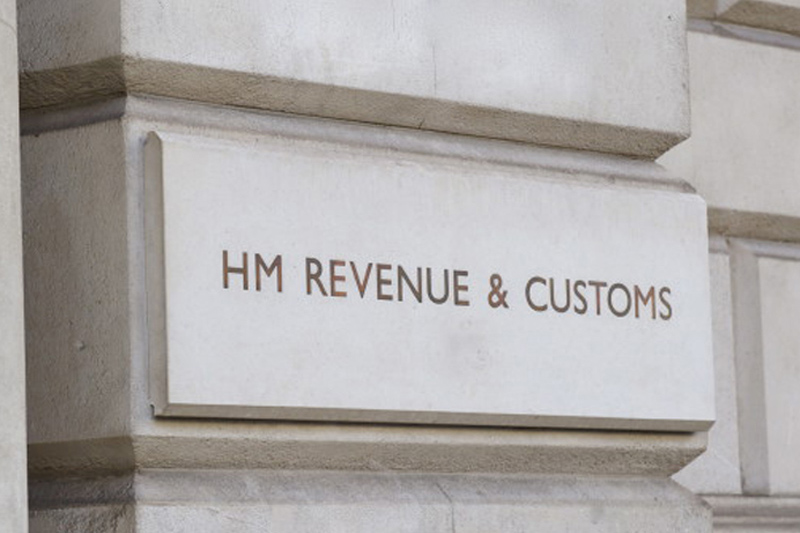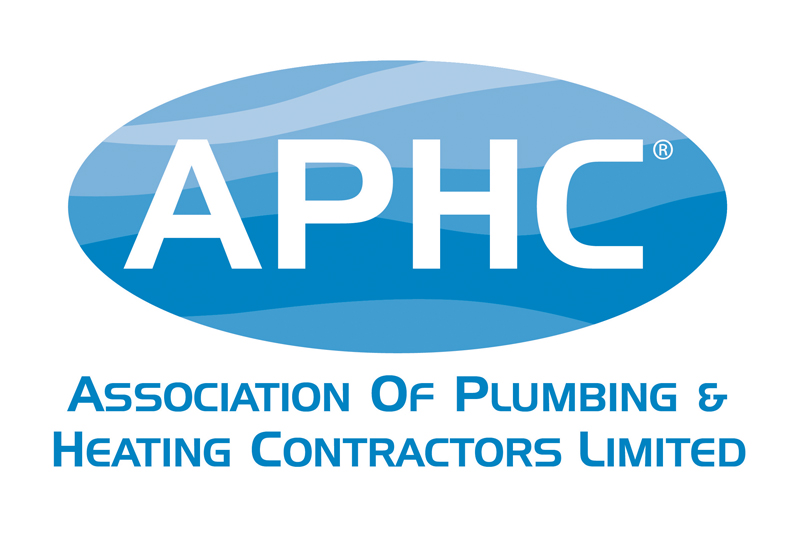
HM Revenue and Customs (HMRC) is warning Self Assessment customers to be on their guard following the Self Assessment deadline after more than 570,000 scams were reported to HMRC in the last year.
At this time of year, Self Assessment customers are at increased risk of falling victim to scams, even if they don’t mention Self Assessment. They can be taken in by scam texts, emails or calls either offering a ‘refund’ or demanding unpaid tax, thinking that they are genuine HMRC communications referring to their Self Assessment return. In the 12 months to January 2022, nearly 220,000 scams reported to HMRC offered bogus tax rebates.
Criminals target unsuspecting Self Assessment customers to try and steal money or personal information. They use phone calls, texts and emails to try and dupe citizens, and often mimic government messages to make them appear authentic. In January 2022, phone scams rose to 3,995 compared to 425 reported in April 2020.
Myrtle Lloyd, HMRC’s Director General for Customer Services, said: “If someone contacts you saying they’re from HMRC, wanting you to transfer money or give personal information, be on your guard.
“Never let yourself be rushed, and if you’re in any doubt then check our ‘HMRC scams’ advice on GOV.UK.”
HMRC gave customers an extra month to submit a completed tax return and if customers filed by 28 February 2022, they would avoid a late filing penalty. More than 11.3 million customers filed their Self Assessment tax return by 28 February, with more than 1 million of those taking advantage of the extra time by filing in February.
Customers have until 1 April to pay their outstanding tax bill or set up a Time to Pay arrangement to avoid receiving a late payment penalty. Interest has been applied to all outstanding balances since 1 February.
Customers can now make Self Assessment payments quickly and securely through the HMRC app. Customers choosing to make secure Self Assessment payments through the HMRC app can either connect to their bank to make their payments or pay by Direct Debit, personal debit card or corporate/commercial credit/debit card.
A full list of the payment methods customers can use to pay their Self Assessment tax bill is available on GOV.UK.
Customers can report suspicious phone calls using a form on GOV.UK. Customers can also forward suspicious emails claiming to be from HMRC to [email protected] and texts to 60599.
HMRC has a dedicated team working on cyber and phone crimes. They use innovative technologies to prevent misleading and malicious communications from ever reaching the customer. Since 2017, these technical controls have prevented 500 million emails from reaching HMRC’s customers. More recently, new controls have prevented 90% of the most convincing SMS messages from reaching the public and controls have been applied to prevent spoofing of most HMRC helpline numbers.
HMRC is also reminding Self Assessment customers to double check websites and online forms before using them to complete their 2020/21 tax return. People can be taken in by misleading websites designed to make them pay for help in submitting tax returns or charging to connect them to HMRC phone lines. Customers who are in any doubt about whether a website is genuine should visit GOV.UK for more information about Self Assessment and use the free signposted tax return forms.













